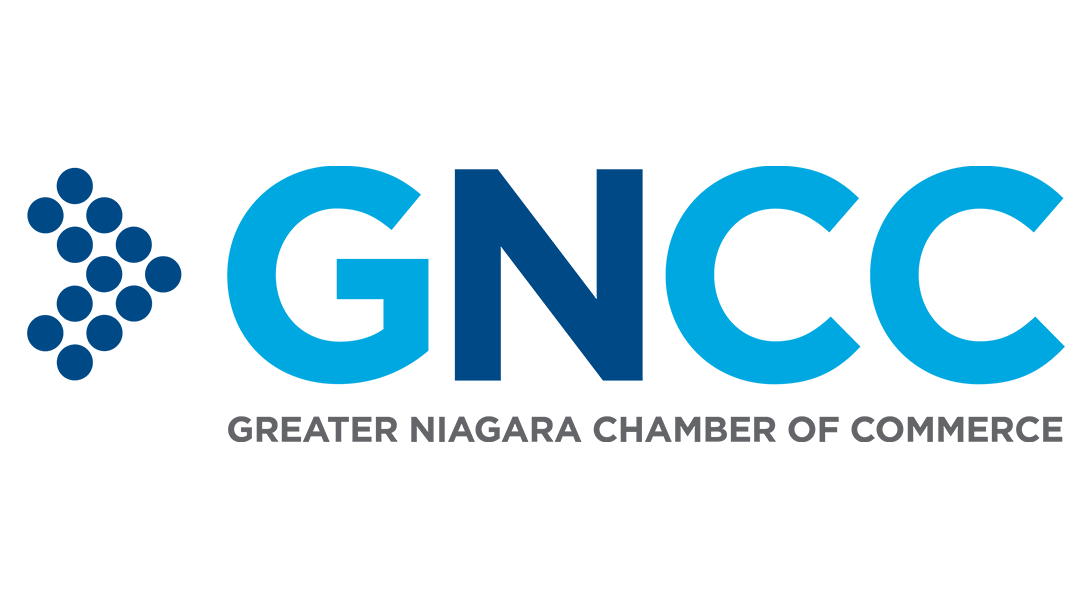The GNCC has welcomed both the current federal support programs for businesses and those changes announced in the 2020 Fall Economic Statement. However, we also note that there are two major eligibility gaps for new businesses and for highly seasonal businesses, and we have offered our suggestions to close these gaps.
Many new businesses do not qualify for some support programs because revenue loss is generally used to establish need, but growing businesses often do not experience significant revenue loss because their revenues were very small to begin with, and rather than shrinking, are simply not growing with anything like the speed that was anticipated before the pandemic. New businesses usually carry significant debts and often lose money for their initial years, anticipating they will grow to profitability in time. Now, because of the pandemic, that growth has not occurred.
We suggest that an immature business, less than five years old, be given alternative criteria to establish the need for support. Rather than absolute revenue loss, revenue growth measured against typical growth for a business of the same age and size in the same industry in 2019 could be used. If the growth in revenue is significantly below that which would otherwise be expected, the new business is probably struggling, and may need support to meet payroll and other financial obligations.
Secondly, the eligibility dates for some programs have effectively eliminated the possibility of support for highly seasonal businesses. In the rent subsidy program, for example, a business may use either the corresponding period of 2019 or January-February 2020 as a baseline to establish eligibility. The problem is that if a business is highly seasonal and does most of its business during the warmer months, the revenue in these comparison periods will be close to zero, making them ineligible. Normally, such businesses would build a reserve during the summer to carry them through these quiet months. However, seasonal businesses in the tourism sector, to name one, have been unable to do this owing to the practically non-existent summer 2020 tourist season.
To determine if a business is seasonal, one could measure their previous revenue by quarter, and if large swings are noted between quarters in 2019 and earlier, that business should be offered alternative baseline periods to determine eligibility, such as a comparison of the average of monthly revenue over 2019 with that in 2020. This would show how a seasonal business is faring more accurately than comparing off-seasons in 2019 and 2020.
The GNCC has communicated these suggestions to Minister Freeland and to Niagara’s Members of Parliament, and hopes that the Government of Canada will consider them in its efforts to assist Canadian businesses through this crisis.
The Greater Niagara Chamber of Commerce is the largest business organization in Niagara and the second-largest Chamber of Commerce in Ontario, with 1,500 members representing 50,000 employees. More information on the GNCC is available at gncc.ca.
Contact:
Mishka Balsom, CEO
Mishka@gncc.ca or 905-684-2361



